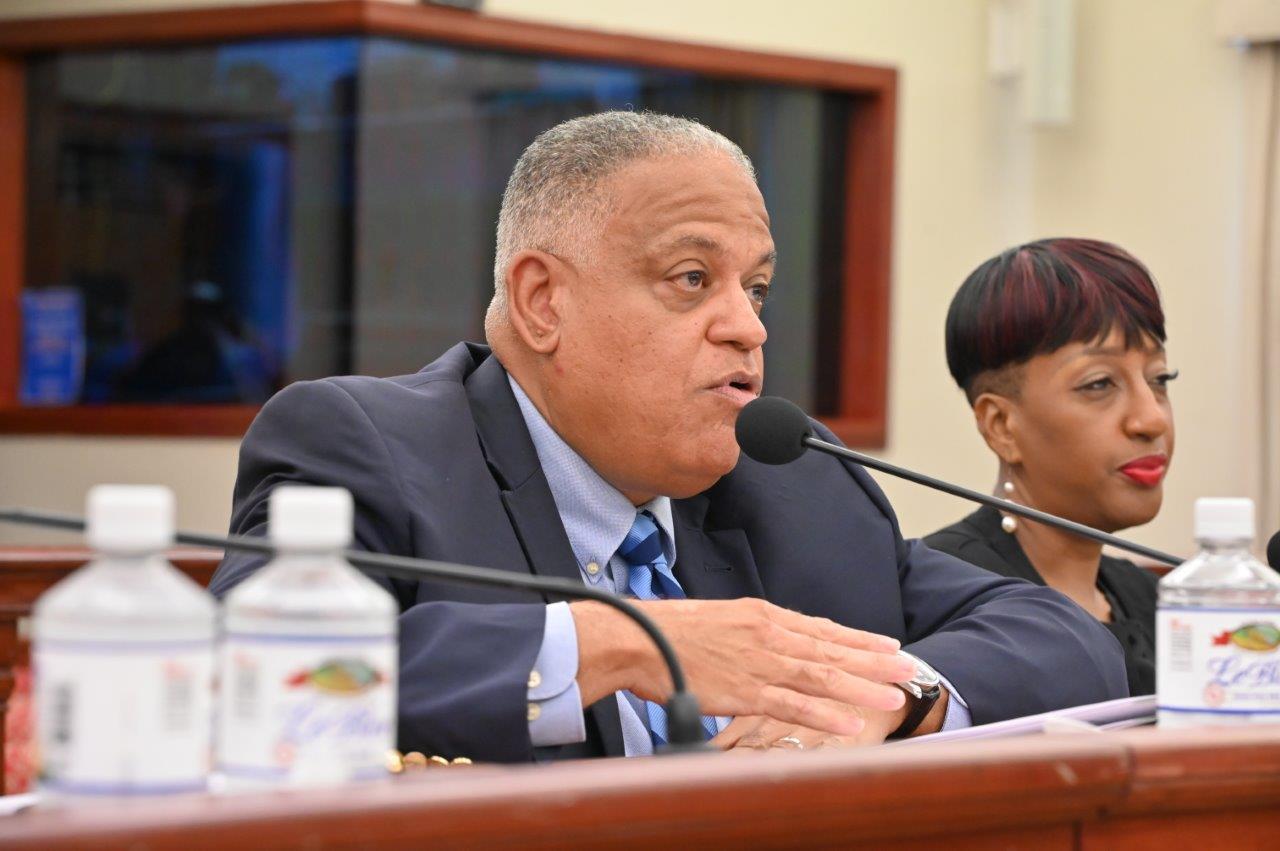
With hotel room occupancy tax collections topping $45 million in fiscal year 2023, Tourism officials told the Senate’s Committee on Finance that they feel good about pulling out an extra 13 percent in FY 2024 to support their $34.2 million budget request.
Hotel room occupancy tax revenues are deposited directly into the Tourism Advertising Revolving Fund, which is used to cover the cost of the department’s operations — salaries, marketing programs, conferences, and events, among other things — instead of the traditional appropriation from the General Fund.
During Senate budget hearings Tuesday, Tourism Commissioner Joseph Boschulte said the “astonishing” rate of collections supports the department’s request for a budget increase but will also help sustain its “momentum” as it moves forward in FY ’24 to bring in even more revenues.
Boschulte said for FY ’23, Tourism noted:
An increase in visitor arrivals by 15 percent, totaling nearly 295,000 airline passengers
A hotel occupancy rate of 75.2 percent, which exceeds the regional average by 2 percent,
and $45.6 million in hotel occupancy tax revenue was collected, which Boschulte said was the “highest ever collected.”
“Capitalizing on three amazing years (2019–2021), the USVI became the fastest-growing destination in the Americas, growing total departure seats by 35.2 percent and the department reported continued success metrics for our destination,” Boschulte said.
Senators’ concerns throughout the hearing, however, lay in outstanding vendor payments, uncollected taxes and unpaid employee wages — particularly, money owed to vendors from last year’s Festival events on St. Croix and St. Thomas’ most recent Carnival. A breakdown of the costs per district was requested by Sen. Franklin Johnson after Division of Festivals Director Ian Turnbull said it’s about $1.4 million each, while the upcoming St. John Celebration is expected to total about $800,000.
Seeking clarity on the general vendor payment process, Finance Committee chair Sen. Donna Frett-Gregory was told there is a difference in how local artists are paid versus national/international ones.
“International artists are normally paid half upfront, which varies based on the agreement of a submitted contract of their asking price when booking the artist, which is done through a third party,” Boschulte said. “The local artists, those who have performed for Tourism previously, are placed into a system are not booked through a third party. Once they have submitted their invoice to the department and it is approved, it must be processed through the Department of Finance.”
Frett-Gregory also pointed out that local artists pay taxes on their earnings, while international artists do not. More parity is needed, she said.
Frett-Gregory also advocated for salary increases for Tourism employees after noting that the department’s personnel budget went up slightly from $2.3 million to $2.5 million. Assistant Tourism Commissioner Alani Todman explained that the shift in funding source from the General Fund to the Tourism Advertising Revolving Fund has forced the department to redo its Notices of Personnel Action (NOPAs), which has to happen before any raises are implemented.
“So we don’t have to redo the process twice we’re doing everything one time, increasing the salaries and retro-ing to Oct. 1, 2022,” she said. Henneman went on to explain that the department has 20 employees total and has budgeted $43,000 for raises.
Frett-Gregory, along with Sens. Novelle E. Francis Jr., Angel L. Bolques Jr., Javan E. James Sr., Samuel Carriόn, Dwayne M. DeGraff, Alma Francis Heyliger, Kenneth L. Gittens, Carla J. Joseph, and Johnson were present at Tuesday’s hearing.


